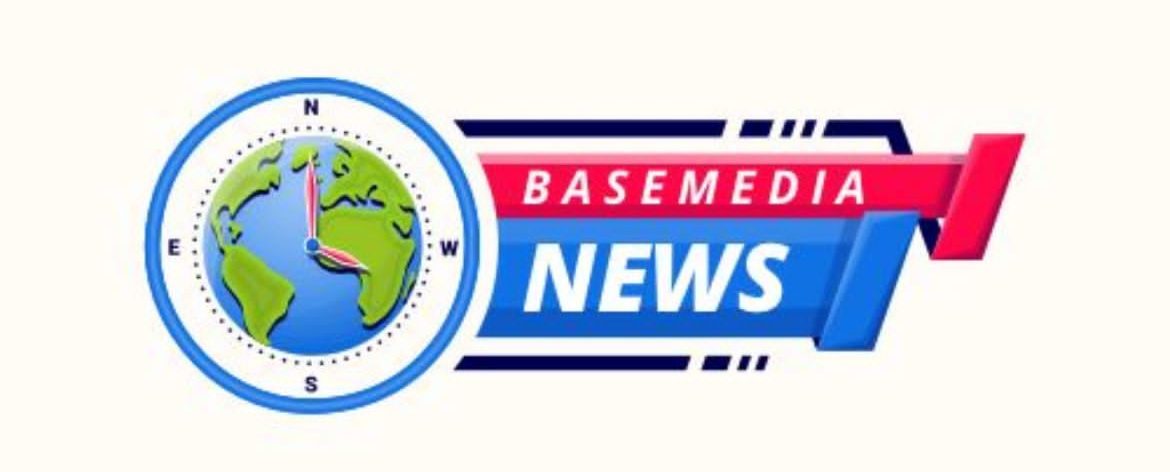The Nigeria National Petroleum Company Limited (NNPCL) has not been sending all of the money it receives from gasoline subsidies to the federation account, according to information released by the World Bank.
According to Naija News, the World Bank also revealed that the federal government of President Bola Tinubu completely eliminated the subsidy in October 2024, but NNPC began sending in half of the January earnings.
The bank’s Nigeria Development Update report, which was made public on Monday, May 12, included this information. Nigeria’s fiscal outlook is still positive, according to the research, but it depends on the necessary consolidation of recent gains.The World Bank also criticized President Tinubu’s 2025 budget, calling its revenue expectations too ambitious. “It is crucial to make sure that the full revenue gains from the removal of the PMS subsidy—estimated at about 2.6 percent of GDP in 2024—are transferred to the Federation.” NNPCL began transferring the revenue gains to the Federation only in January 2025, after the subsidy was fully removed in October 2024. Since then, it has been remitting only 50% of these gains, using the remaining portion to offset past arrears.
According to the report, while the budget aims to boost capital spending, only fiscal discipline could help the government effectively implement the budget.
“Close monitoring of the 2025 budget implementation is essential, as it has overly ambitious revenue assumptions and may lead to a larger-than-anticipated fiscal deficit. The budget aims to boost capital spending, and this must be done sustainably, within the broader objective of fiscal consolidation to complement monetary policy and achieve an overall policy mix that maintains fiscal discipline and brings down inflation,” it stated.
World Bank urged fiscal discipline and transparency among governors and federal government to maintain the country’s optimistic development outlook.”To maximize development benefits, sustained efforts to improve transparency and expenditure efficiency are essential. States, which currently earn more money (₦13.8 trillion in 2024) than the federal government (₦12.3 trillion), bear a particular share of this obligation, the statement continued.





